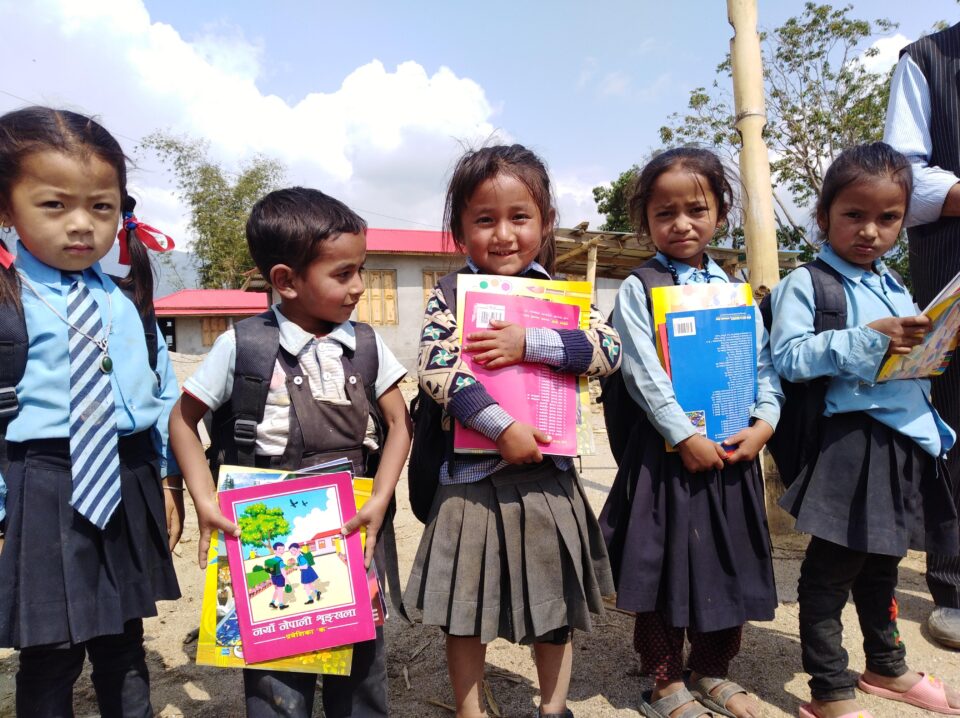Partnering for Change: How UWS Is Transforming Education Systems
At United World Schools (UWS), we believe that education is the most powerful and cost-effective tool for reducing poverty, catalyzing economic growth, and strengthening communities. Our mission is simple but urgent: to ensure children in remote and marginalized communities achieve Foundational Literacy and Numeracy (FLN) skills—the essential building blocks of lifelong learning. Without these skills, children face futures marked by child labor, early marriage, economic exclusion, and cycles of poverty that repeat across generations.
Since our founding, UWS has worked together with communities to build and sustain schools in some of the most hard-to-reach areas of Cambodia, Madagascar, Myanmar, and Nepal. Together with local leaders, we have supported over 260,000 children to learn in safe, inclusive, and inspiring classrooms, and worked with 750+ communities to make education a reality for their children.
But today’s learning crisis demands that we go further. The world is facing a staggering truth: 70% of children in low- and middle-income countries are unable to read a simple sentence by age 10. To break this cycle, we must transform education systems themselves—not just build new schools.
Our New Strategy: Partnering with Government Schools
This year, UWS USA is excited to share a major shift in our approach: scaling our Partnerships Model to work directly with government schools. This model transforms education systems by embedding local leadership, co-investing with governments, and strengthening teacher training—ensuring that learning, not just attendance, becomes the measure of success.
Our partnership model has four key pillars:
- Shared Ownership from Day One: We establish three-year partnerships with governments and communities, with government agencies committing financial and operational resources upfront. This ensures sustainability and accountability from the very start.
- Quality Teaching at the Core: Teachers receive practical, ongoing mentorship and training in foundational literacy and numeracy, inclusive pedagogy, and child-centered practices—building teacher confidence and system-wide capacity.
- Strong Local Systems & Governance: UWS trains school mobilizers, government officers, and community committees to govern and monitor progress, embedding data-driven decision-making into local education systems.
- Community-Led, Locally Driven: Parents and communities co-lead school governance and champion the value of education, helping keep children in school and engaged in learning.
Why It Matters
By strengthening existing government schools rather than creating parallel systems, we can scale faster, reach more children, and help national education systems absorb what works. This is sustainable change at scale, a pathway to what we call Zero Education Poverty, a future where every child has the opportunity to learn, thrive, and choose their own future.
At a time when global education funding is under strain, this approach ensures that every dollar goes further by leveraging government co-investment. It is a model that proves that when partnerships are real, locally led, and ambitious, they can deliver lasting system change.


